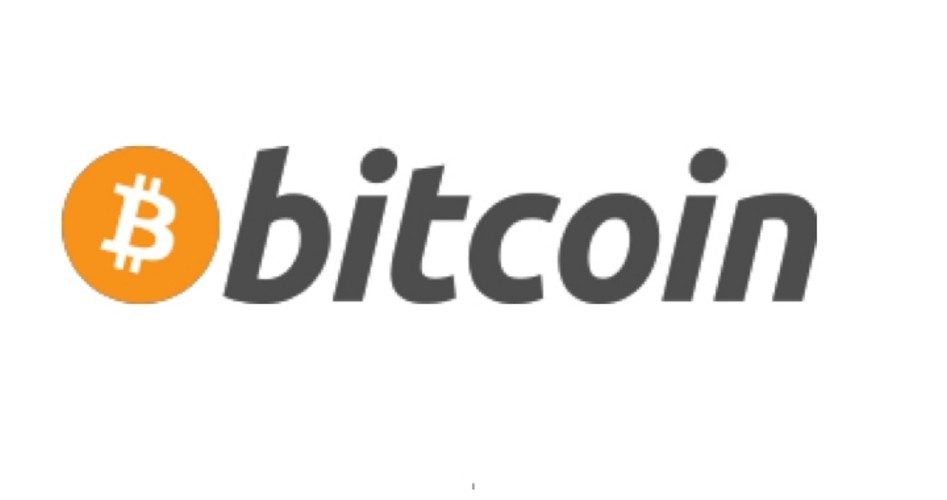
When the Securities and Exchange Commission (SEC) charged Trendon Shavers, the founder of Bitcoin Savings and Trust (BTCST) with running a Ponzi scheme, Shavers challenged the agency by claiming that bitcoins didn’t fall under their definition of securities and so therefore he and his company were exempt from SEC rules. Federal Judge Amos Mazzant ruled otherwise, which was bad news for Shavers but good news for bitcoin owners who have been using the digital currency as money ever since it was invented in 2009. Said the court:
It is clear that Bitcoin can be used as money. It can be used to purchase goods or services, and as Shavers stated, used to pay for individual living expenses. The only limitation of Bitcoin is that it is limited to those places that accept it as currency. However, it can also be exchanged for conventional currencies, such as the U.S. dollar, Euro, Yen, and Yuan.
Therefore, Bitcoin is a currency or form of money, and investors wishing to invest in BTCST provided an investment of money.
The development of the so-called cryptocurrency caught the attention of freedom lovers and others increasingly nervous about governmental invasions of privacy into their financial transactions and thought that the bitcoin — traded anonymously on the Internet — would circumvent those incursions. It also was outside the realm of central banks around the world and the present fiat currencies being manipulated by them. It would, when fully developed, provide security, privacy and liquidity.
Its history has been bumpy. The value of a bitcoin was first negotiated through online forums and some transactions were compromised by hackers and thieves. Some investors lost thousands — even hundreds of thousands — of dollars. With the passage of time, however, the glitches began to be worked out, and the bitcoin gained credibility and even prominence. By October 2012, one single bitcoin exchange, BitPay, reported having more than 1,000 merchants accepting bitcoins under its processing service. Another processor announced in February 2013 that it processed more than $20 million in transactions in a single month.
At the height of the Cyprus banking crisis, investors were seeking safe havens to avoid having their savings confiscated and some of them bid up the price of the bitcoin to unsustainable levels, touching $266 a piece before dropping to $76 (and then returning to $160) in a single day. The present value of a bitcoin is a little over $100.
As the bitcoin gained more credibility so did attacks on it from predictable establishment sources, such as economist Paul Krugman, who called bitcoin “The Anti-Social Network,” adding that “Bitcoins … derive their value, if any, purely from self-fulfilling prophecy, the belief that other people will accept them as payment.” Just like Federal Reserve Notes.
Others, however, took a more reasoned view and began to explore, and accept, the bitcoin as money. The Electronic Frontier Foundation (EFF), for instance, announced in May that it would be glad to accept bitcoin donations, with this disclaimer:
While we are accepting Bitcoin donations, EFF is not endorsing Bitcoin. EFF does not typically endorse products or services, and we certainly do not endorse any of the [other] electronic payment methods that we currently accept (credit cards, PayPal, and now BitPay).
With respect to Bitcoin as a technology, there is clearly a lot more to be said. Currently it seems that Bitcoin, while innovative, has a number of limitations and weaknesses in its design, and might yet turn out to be just the first draft for future crypto-currencies.
However, as an organization that supports cryptographic experimentation, we believe the best answer to Bitcoin’s potential shortcomings is for others to come along and offer superior alternatives.
One of bitcoin’s limitations is that it isn’t nearly as private and safe from prying eyes as its users would like. Said EFF: “Bitcoin is very often not anonymous in the ways users might believe or expect, because the network doesn’t actively conceal the IP addresses from which transactions were initiated.” But it added that it was willing to accept bitcoins as an expression of its commitment to freedom and privacy, expressing hope that future improvements would be coming:
The fact that Bitcoin is subject to criticism should not be surprising; it would have been much more surprising if the first widely used cryptographic currency had been perfect, and very active research continues on ways of improving Bitcoin or creating new crypto-currencies with other properties.
One of those improvements was announced by Andy Greenberg in Forbes magazine in April: the “Zerocoin Add-on,” which would make transactions in bitcoins truly anonymous and untraceable. Wrote Greenberg:
If adopted by enough of the Bitcoin network, Zerocoin’s inventors believe it could become a fundamental upgrade to Bitcoin’s code, integrating itself into the currency and solving what many see as serious privacy flaws in Bitcoin’s current implementation.
Serious money is being drawn into the development of bitcoin. Winklevoss Capital invested more than $10 million in bitcoins back in April, followed by venture capitalist Andreessen Horowitz and Exante, a hedge fund out of Malta.
The dream of freedom and privacy continues to drive innovation for a digital currency that is beyond the reach of government snoops and spies and central bank manipulation. Bitcoin is just the first iteration. Now that it has officially received sanction from a federal court, the bitcoin’s road to legitimacy and acceptance is brighter and clearer than ever.
A graduate of Cornell University and a former investment advisor, Bob is a regular contributor to The New American magazine and blogs frequently at www.LightFromTheRight.com, primarily on economics and politics. He can be reached at [email protected].



